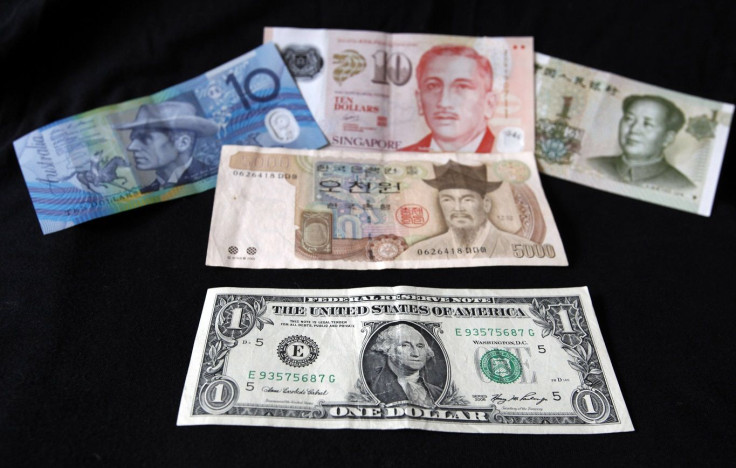Australian Dollar Outlook - Sep. 21, 2015

Bell FX Currency Outlook: Equity markets took a tumble on Friday after the US Federal Reserve left interest rates unchanged on Friday morning as financial markets focused on potentially a weaker global economy which saw the commodity currencies move lower.
Australia: After briefly spiking into the high .7200’s early on last Friday morning, the AUD retreated into the high .7100’s as financial markets gotthe jitters on the propsects of lower growth in many of the economies ofthe world after the US Federal Reserve held interest rates at 9 year lows. Since the AUD is very sensitive to growth projections our local currency has fallen back. On Friday, RBA Governor Stevens remarks to the House Standing Committee on Economics did not influence the AUD as most analysts believe that the current settings for the AUD are about right given the general overall recent fall in comoodity markets and our terms of trade. The currency has not been affected by a change of leaders locally although we should hear today that the projected budget deficit for the year ending June 30, 2015 will come in at AUD38bn, AUD3.1bn lower than projected in May. This is a very light week for announcements with probably the highlight being the latest PMI figures from China and the Eurozone on Wednesday.
Majors: There were a number of comments by several US Federal Reserve Presidents (Williams, Bullard and Lacker) criticising the Fed’s decision to not raise interest rates. Williams commented that full employment in the US will be reached late in 2015 or early in 2016. Lacker who was the only member that voted to raise rates reiterated that current conditions and the medium term outlook warranted a rate rise. Later this week we will hear from Fed member Dennis Lockhart and from Fed Chairwoman Yellen on Friday. ECB Executive Board member Benoit Coeure commented that he saw risks in the global economy and was concerned over the EUR’s fairly siginifcant appreciation in recent weeks and the impact that might have on lowering growth prospects for Europe. The general feeling is that the QE program by the ECB will be extended beyond September, 2016. In Greece, it appears that the Syriza party of Alexis Tsipras has won at least 145 seats of the 300 contested on Sunday and will form a government that will enact new austerity reforms to unlock further bailout funds for Greece. In Japan, financial markets are closed fortwo national holidays until Wednesday.
Economic Calendar
21 SEPT
- US Existing Home Sales Aug
22 SEPT
- AU ANZ Roy Morgan Weekly Consumer Confidence Index
[Kick off your trading day with our newsletter]
More from IBT Markets:
Follow us on Facebook
Follow us on Twitter
Subscribe to get this delivered to your inbox daily






